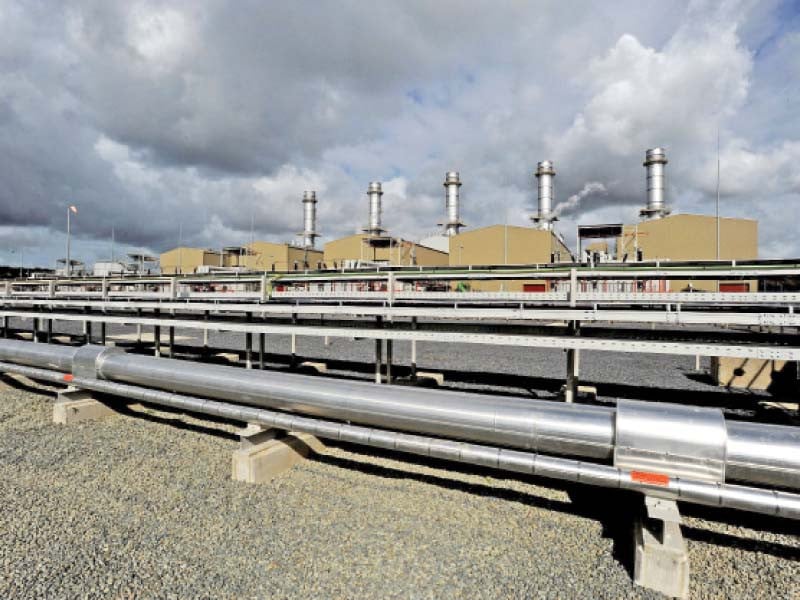Energy Crisis
Loadshedding has frustratingly returned to Pakistan, and this time, the winter weather is playing a significant role in exacerbating the energy crisis. The power division explained that feeders tripped on December 25 and 26, resulting in a substantial loss of power.
The closure of canals led to a deprivation of 1,600 megawatts, and there was an additional loss of 700 megawatts due to a shortage of liquefied natural gas (LNG). Despite efforts to compensate for this loss by generating an additional 800 megawatts from furnace oil, the overall electricity deficit remains a critical issue.
What makes this situation particularly challenging is the harsh winter and fog, posing a threat to the country’s transmission lines. Fog reduces the insulation on transmission wires, making them more susceptible to issues, including cable snapping.
This problem has been persistent, and in 2019, the National Transmission and Despatch Company considered installing anti-fog disc insulators at Port Qasim in Karachi to address the issue. The aging infrastructure of transmission lines and the accumulation of dirt due to rising pollution levels further contribute to the risk of tripping or complete failure.
In addition to these challenges, maintenance operations can also be delayed due to intense fog condensing on the transmission lines. The current winter transmission issues are further compounded by an LNG shortage, leading Pakistan to take legal action against international traders.
To bridge the gap, the country is resorting to expensive furnace oil from the international market, a move made more challenging by an ever-weakening currency. As January approaches, the confluence of winter transmission challenges and fuel shortages creates a complex and multifaceted energy crisis with potential ramifications for the near future.


